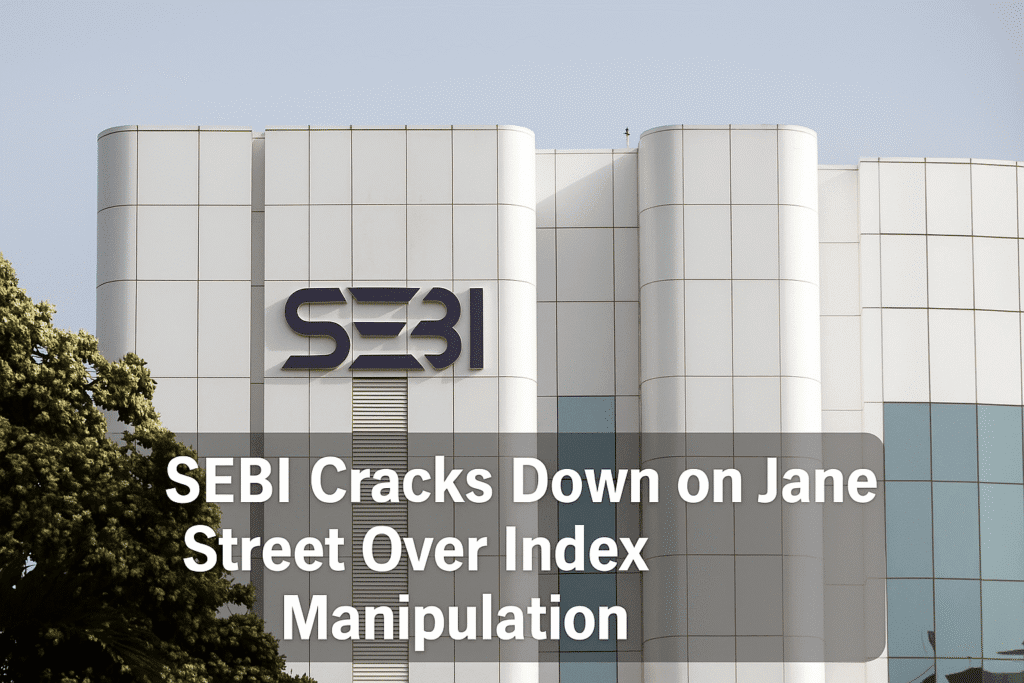The internet is buzzing with memes as India’s market regulator takes on Wall Street giant over alleged index manipulation tactics
July 5, 2025
India’s securities market regulator has delivered a knockout punch to one of Wall Street’s most sophisticated trading firms, and the internet can’t stop talking about it. The Securities and Exchange Board of India (SEBI) has temporarily banned U.S.-based Jane Street and its affiliates from Indian markets over allegations of systematic manipulation of key indices.
The Big Picture
In a move that has sent shockwaves through trading circles, SEBI has frozen a staggering ₹4,843 crore ($567 million) belonging to Jane Street while investigating claims that the firm artificially manipulated Bank Nifty and Nifty 50 indices to pocket massive profits. The interim order, spanning 105 pages and dated July 3, 2025, paints a picture of sophisticated market manipulation that allegedly played out over two years.The Alleged Scheme Unraveled
SEBI’s investigation reveals a complex web of trading tactics that the regulator says crossed the line from legitimate market-making into manipulation territory. According to the order, Jane Street allegedly:- Built massive cash and futures positions to artificially pump up Bank Nifty values during morning trading sessions
- Simultaneously held large bearish options positions that would profit when the index fell
- Reversed their inflating trades later in the day, causing the index to drop and triggering profits on their options
- Employed “extended marking the close” strategies, pushing closing prices in directions that favored their positions
Numbers That Tell the Story
The scale of Jane Street’s operations in India has caught everyone’s attention. Since January 2023, the firm reportedly generated profits of around ₹36,500 crore from its Indian operations, with a whopping ₹43,289 crore coming specifically from options trading. While losses in other areas offset some gains, the sheer magnitude of these numbers has raised eyebrows across the financial community.SEBI’s Swift Action
The regulator hasn’t pulled any punches in its response. Beyond the trading ban and asset freeze, SEBI has:- Directed banks to block any debits from Jane Street’s accounts without prior approval
- Given the firm 21 days to respond to the allegations
- Indicated that investigations may expand to cover additional expiry days and indices

